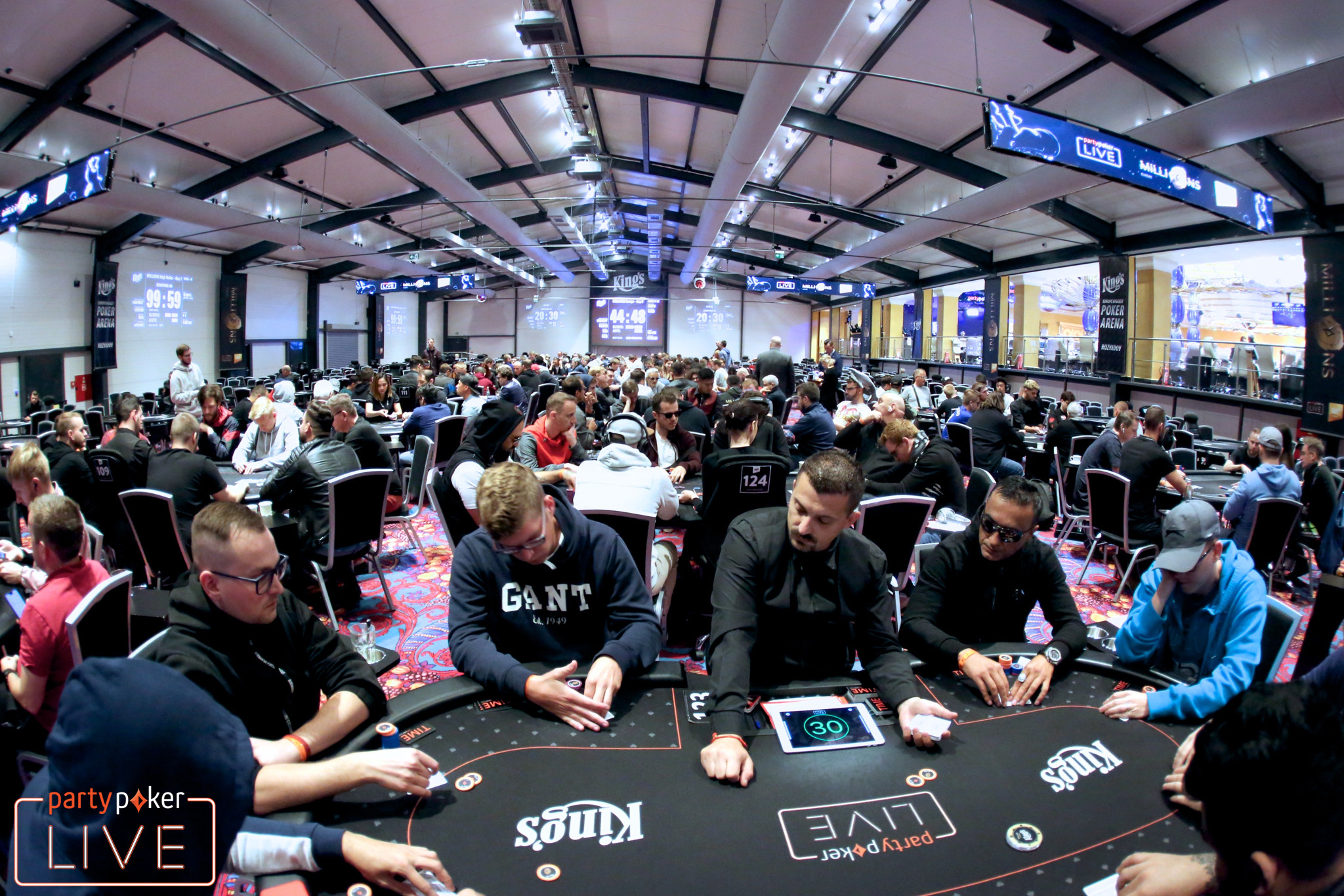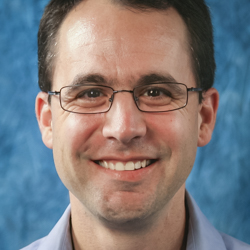Avi Rubin Poker
Posted By admin On 14/04/22Avi Rubin organized one of such courses and called it «Introduction to the Theory and Practice of Poker». Read also: Poker Central purchases HighStakes Poker TV show. This course became the most popular in the history of the university, since 232 «registered» for it. Avi was surprised by such a boom, as he was counting on an approximate. Avi Rubin, a Johns Hopkins University computer science professor who is also a poker player, pictured in t-shirt among students in a class, predicts both a shift back to in-person live poker as well as a permanent increase in online poker. Professor Avi Rubin (right) was an effective “guide by the side” in a poker class during the intersession period at Johns Hopkins, where his course got hundreds of students thinking about the.
Professor Avi Rubin usually teaches courses about computer security at Johns Hopkins University but, in his latest class, he turned his focus to poker. It’s a pretty unusual topic for a university professor undertake but he saw the value in giving students valuable insight into the game.
Throughout the two-week course, “An Introduction to the Theory and Practice of Poker”, Rubin provided his students with teachings on calculating odds and identifying behavioural patterns in opponents. However, the goal of his class wasn’t simply to teach them how to win money; he wanted to show them how to calculate risk and make informed decisions in a practical use. During the last week of the class, Rubin held a tournament for over 50 of the students that took part in the class.


“One of the things I love to talk about is how decisions in poker can inform decisions in business and in life. Poker is about your ability to reason and calculate weighted probabilities. If you do know that’s what you’re doing, you have a big advantage,” Rubin says.
Avi Rubin Poker Strategy
While Rubin was originally criticised by his peers for teachinga class on a topic as casual as poker, it turned out to be very popular amonghis students. Within five minutes of registration, 100 students had signed up,and there was waiting list with 50 students on it.

To accommodate all of the interest, he moved the class to a larger auditorium and 237 students ended up enrolling. Students from all disciplines showed up to the course, with majors in computer science, economics, applied math and chemical engineering.

It would be great if Rubin was given the opportunity to teachthe class again. Since there was so much interest the first time around, it’svery likely that the faculty will give him the go-ahead to teach another roundof students about the game of poker.
There may even be some professional poker players who could go down the route of becoming university lecturers. Phil Ivey and Daniel Negreanu both have Masterclass series, and they could easily translate them into an in-person format.
The game of poker does require successful players to takeinto account many different subjects – maths, statistics and psychology, to namea few. It presents a practical application for anyone interested in thesetopics, so plenty of individuals would benefit from enrolling in such a course.
- Tags:
“All in” is not just a phrase Avi Rubin throws around during poker games. It’s a way of life.
Avi Rubin Poker App
Whether it’s photography, boating, or his specialty field of applied cryptography, the Johns Hopkins computer science professor “never does anything halfway,” says his wife, Ann.
Rubin’s poker prowess outside the classroom has been well documented over the past 15 years since his younger brother, Yaacov, a senior finance official at Hopkins, introduced him to it.
Avi Rubin Poker Tournaments
But during January’s Intersession, the 52-year-old professor had the opportunity to bring his passion into the classroom by teaching “Introduction to the Theory and Practice of Poker.” His commitment to the course was evident: he had trophies made for various competitions he organized, he bought a domain name for the class—hopkinspokercourse.com, which houses all of his filmed lectures and course materials—he set up a students-only PokerStars.com page, and he hosted a tournament at his house.
“It was like a dream come true for him,” his wife says.
Rubin wasn’t the only one excited about the course, which did not involve gambling real money. Nearly 250 students registered for the class, including his daughter Elana, a junior Writing Seminars major. That made it the most popular Intersession course by far, representing 10% of the nearly 2,500 students who signed up for January classes.
“It’s been amazing,” Rubin says.